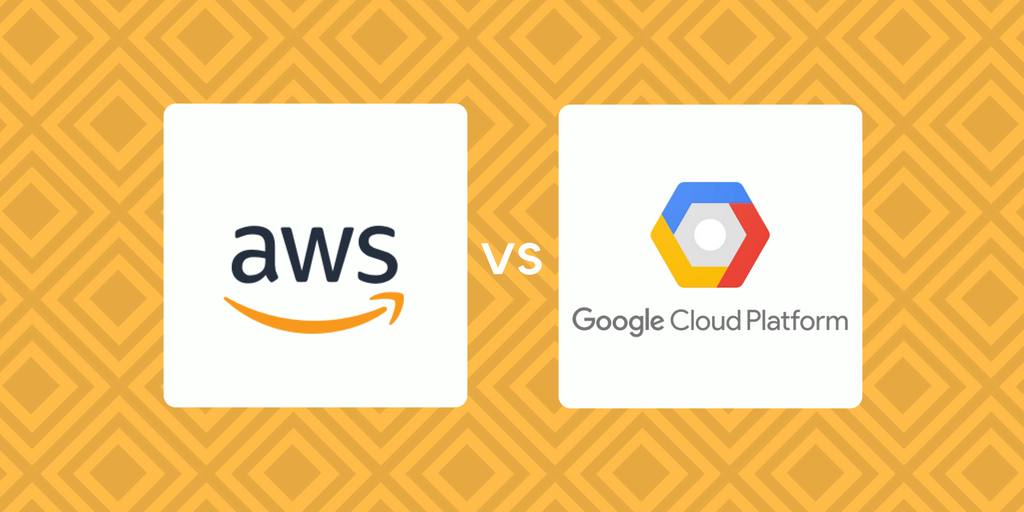Amazon AWS VS Google cloud platform

As we know that DevOps as a Service (DaaS) is a delivery model for a set of tools that allows collaboration between a software development Group and the operations group. In this model, the DaaS provider gathers the disparate tools that cover several aspects of the entire process and connects them to work collectively as a single unit.
Many companies adopt DevOps and migrate their apps to the cloud. It is the shift of your processes and tools for continuous delivery to a hosted virtual platform.
AWS vs Google Cloud Platform
Let's start with Amazon Web Services (AWS). AWS has already built a robust global network to provide a virtual host for some of the world's most complex IT environments. Its data centers are fiber arranged and linked. In AWS, the payments are taken according to the services you use to the millisecond of computing time. Due to this, AWS is a quick and almost effortless way to merge your DevOps to the cloud.
Google Cloud Platform’s (GCP) DevOps option worth. The ever-growing list of abilities of this global network involves the support for such platforms as Android Studio, Visual Studio, Eclipse, Powershell, and many others.
Computing
You can prepare AWS EC2 instances with up to 128 vCPUs and 3,904 GB of RAM.
You can make Google Compute Engine instances with up to 9 624 GB of RAM and six vCPUs
Disk/Storage
GCP
SSD, memory sizes from 1 GB to 64 TB
AWS
standard volume sizes from 1GB to 16TB, and Provisioned IOPS SSD from 4GB to 16 TB
Network
AWS
Amazon EC2 instances have an up-most bandwidth of 25 Gbps. However, this is only one of the most notable instance sizes. Standard instances maximize at 10 Gbps/second.
GCP
Every core is subject to a 2 Gbits/second (Gbps) cap for maximum performance. Every additional core increases the network cap, up to a theoretical maximum of 16 Gbps for each virtual machine.
Security
AWS platform security model involves:
- All the data stored inside EC2 instances are encrypted with 256-bit AES, and each encryption key is too encrypted with a set of frequently changing master keys.
- Network firewalls built into web application firewall capabilities and Amazon VPC in AWS, WAF allows building control access and private networks to your applications
and instances.
- Access Management (IAM)and AWS Identity, AWS Directory Services, AWS Multi-Factor Authentication allow for managing, enforcing, and defining user access policies.
- AWS has audit-friendly service features for ISO, HIPAA, PCI, SOC, and other compliance standards.
Google Cloud security model involves:
- All the data stored on constant disks and is encrypted with 256-bit AES, and each encryption key is also encrypted by a set of frequently changing master keys.
- Assurence to enterprise security certifications (SSAE16, ISO 27017, ISO 27018, PCI, and HIPAA compliance).
- It is only authorized and authenticated requests from other components that coming to Google storage stack is
essential.
- Access Management (Cloud IAM) and Google Cloud Identity was established in September 2017 to allow predefined acts that give granular access to particular Google Cloud Platform resources and prevent unauthorized access to other resources.









Add comment